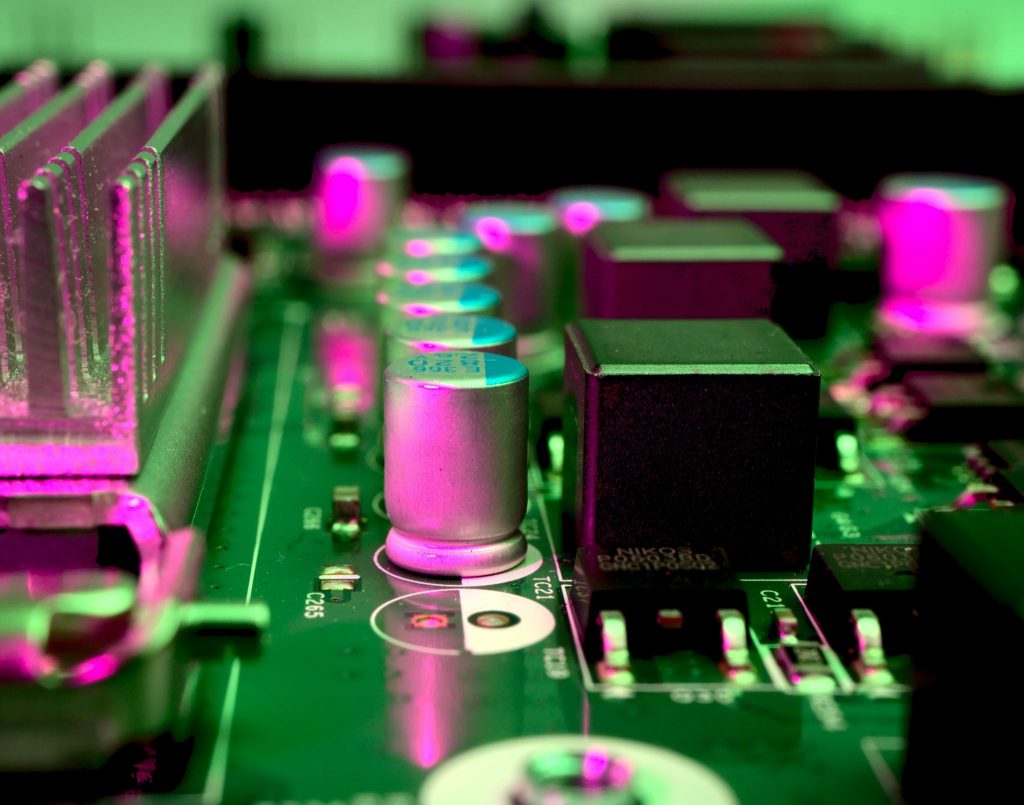The Role of Artificial Intelligence in Sports Betting

Although sports and betting are evergreen attributes of our lives as humans, accurate sport prediction techniques remain out of our reach. Football, tennis, athletics and basketball games with set rules are easy to predict on paper. Still, you gradually become aware of other relevant factors when your money is on the line.
To effectively predict the outcome of sports events, scientists began applying artificial intelligence and machine learning to games. The first step was to gather sufficient data and statistics to help the computer create a prediction algorithm. The data supplied to the computer includes goals scored, field points, race times and so on.
However, even AI and machine learning have been unable to fully solve the sports prediction riddle in all of their complexity. This goes to show that mathematical calculations by computers are just one aspect of the ball game. The human factor stays essential. In this article, Kate Richardson takes us through the role of AI and Machine Learning in sports betting.
Ways to Deploy Artificial Intelligence in Sports Betting
- Setting Of Odds:
The major aspect of sports danske betting sider, where AI is being put to good use is in determining odds. By feeding the statistical data obtained from record companies like OptaJoe to their computers, bookies can determine the likeliest of outcomes. In this way, the best Irish betting sites determine what markets to place high or low odds on.
For instance, in a Premier League match between Man City and a newly promoted team, the statistics and odds will favor City (the bigger and proven team). However, the odds are often closer and weighty when two big teams face one another. This is usually due to other factors like form, player injuries and the importance of the game.
- Prediction Analysis
Sports prediction websites often deploy computer algorithms when analyzing games. As a football bettor, you have probably seen the term “XG”, which means expected goals. Computer algorithms arrive at a team’s expected goals by calculating their shots and conversion ratio over a while.

This can be helpful, particularly for bettors in the goals market. If you are usually skeptical about the chances of a high scoring game, consulting prediction websites that use AI calculations can allay your fears. You can also use a combination of both teams’ XGs to determine the likely winner of the match after all games are decided by the number of goals you score.
- Choosing Betting Markets
Another way to use artificial intelligence as a punter is by focusing on the league’s statistics. Certain teams and leagues put up huge goalscoring numbers. Rather than calculating these statistics yourself, you can use computer algorithms to break down the number of goals, corner kicks, and even shots per game.
Analyzing games in this manner exposes you to a large sports betting market size that other punters may not be aware of. And as we often find in sports betting, the less uproar about a betting market, the higher the odds. A successful punter requires ammunition, and analyzing data easily is an essential tool in winning sports bets regularly.
Shortcomings of AI in Predictive Sports
Despite the many benefits of artificial intelligence in other areas of human life, such as medical & financial services and self-driving vehicles, the concept of AI and machine learning in sports prediction isn’t all rosy. In this section, we look at some reasons why AI isn’t there yet with sports betting.
- The Mental Factor: As much as past results remain verifiable evidence of future performance in sports, we cannot displace the importance of mental wellbeing. Emotions and anxiety sometimes get the better of us as humans, and our sportsmen and women aren’t left out of this. Consequently, while AI makes predictions based on available data, such predictions may not be accurate since AI has no methods of reading the mental state of competitors.
- Another relevant factor that inhibits the accuracy of AI in sports prediction is the starting lineup in team sports like football and basketball. Just like the punter, AI makes its predictions on the regular performance of a team. However, a problem arises when this team doesn’t field its usual players. At such moments, the algorithms calculations and intuitive guesses of the punter can go from really good predictions to poor decisions. This is a common phenomenon in basketball and football where managers need to rotate often to prevent player injuries, burnouts and ensure general squad happiness.
- Several studies on the success of AI in sports prediction show that the accuracy of such predictions is limited (between 70%-80%) due to managerial input and some of the above factors. While AI may be accurate in predicting what happens to you at age 50, given your current lifestyle, it cannot independently factor in an intervention by friends or family, which may provide the necessary change.
As such, punters should understand that there is no foolproof prediction method for sports betting. Sometimes, your intuition may turn out to be more accurate than mathematical calculations. After all, there is always room for upsets in sports.
Conclusion
Artificial intelligence and technology, in general, offer a handful of benefits to sports betting. From placing bets in the comfort of your home to processing payments and withdrawals online, punters have benefited immensely from the wonders of AI. As the sports betting market size continues to grow, it is only logical that machine learning and AI grow along with it.
However, AI still has a long way to go when it comes to sports predictions. The accruing benefits of accessibility and time effectiveness face limitations in terms of accuracy and reliability. As such, punters shouldn’t rely on AI predictions alone. It is more advisable to make your predictions on available data and compare them with the computer’s picks for safety. You can catch up on more informative pieces about AI and sports betting here.






